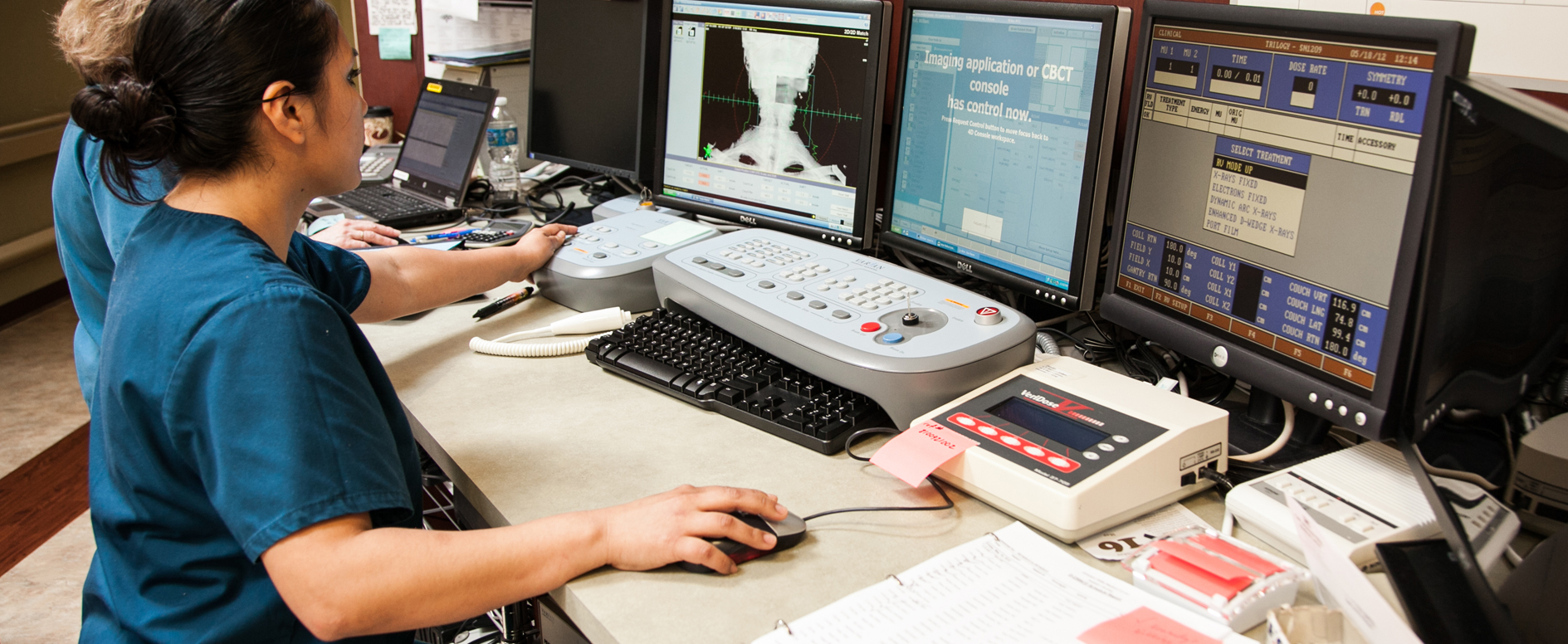
What is Geriatric Oncology?
Geriatric Oncology is “the branch of medicine that studies tumors in older adults.”
As we age, our bodies and cells age as well. Our blood vessels become more resistant to blood pumping through them. Our lungs don’t take in or blow out as much air. Our kidneys cannot filter as much of our blood at a time. Our nerves do not conduct signals as fast, and our immune systems may not function as well. These changes in our cells and organs can lead to less tolerance for treatments that oncologists give to help cure and treat cancer. But not every person ages the same and not every anti-cancer treatment has the same side effects. Defining a specific age for older adults is quite difficult because all people age differently. Doctors and other health professionals often have to depend on factors other than chronologic age to determine whether you or your family member will benefit from anti-cancer treatments. These factors may include other health conditions (referred to as comorbidities), physical function, neurocognitive function, social functioning and support, nutritional status, other medications, psychologic status, and patient/caregiver preferences. Doctors evaluate these items in a geriatric assessment.
What is a Geriatric Assessment?
Previously doctors had to use clinical judgment and guesswork to determine whether a patient would tolerate certain therapies. However, now more recent studies have demonstrated that screening geriatric assessments may better predict an older adult’s ability to tolerate therapy.
A Geriatric Assessment is a series of questions or tests that doctors perform or ask older adults. The core components of a geriatric assessment include functional capacity, fall risk, cognition, mood, medications, social support, financial concerns and advanced care preferences. Screening geriatric assessments performed in busy oncology clinics may contain some or all of these core component questions. The screening is often performed with a nurse or caregiver in clinic or at home before seeing the doctor or advanced practitioner. These assessments are now recommended by national and international societies including ASCO (the American Society of Clinical Oncology), ASTRO (the American Society of Radiation Oncology), SIOG (International Society of Geriatric Oncology) and the NCCN (National Comprehensive Cancer Network).
How Can the Geriatric Assessment Help My Doctor Treat My Cancer?
The results of an older adult’s geriatric assessment are used by patients and doctors to decide on the best treatment for their cancers. Results of the assessment are used to help estimate life expectancy with and without cancer. Results can also help determine whether some lower-risk cancers need to even be treated. For example, certain cancers may not cause problems within the expected lifetime of the patients, and thus giving toxic treatments that offer side effects without much benefit may not be worth it. Yet, in others whose life expectancies may be more than expected and whose cancers will be expected to cause problems during their lifetime, more aggressive therapies may be warranted.
Additionally, a geriatric assessment can also predict which patients may experience bad side effects, hospitalizations or death from certain therapies. This can help doctors offer alternative treatments for those patients. For example, if chemotherapy for a particular cancer is expected to cause severe side effects based on a geriatric assessment, your doctor may choose to offer a dose-reduced regimen of that chemotherapy, or try radiotherapy or immunotherapy instead.
Finally, recent studies show that when doctors offer interventional treatments for the dysfunction they find on geriatric assessments, it can help improve the expected side effects of anti-cancer treatments. For example, if your doctor finds that you or your loved one had several falls (whether explained or unexplained) recently, a referral could be made to physical therapy or a home health assessment may be done to work on balance and prevent future falls. These types of “geriatric” interventions can help older cancer patients better tolerate their cancer treatments as well.
Discussing with your Cancer Specialist
At Initial Consultation: If you or your older adult loved one are meeting your cancer provider for the first time and are concerned about the ability to tolerate anti-cancer therapies make sure to ask about geriatric assessments. Even short screening questionnaires can help both you and your providers determine the best path of care for both your cancer and other aging issues.
Resources
Several websites are available for patients, caregivers and providers. It is important to visit reputable websites that have used evidence-based medicine to make their recommendations. Several of the more beneficial and reputable websites can be found below:
ASCO
https://www.asco.org/news-initiatives/current-initiatives/cancer-care-initiatives/geriatric-oncology
https://www.cancer.net/navigating-cancer-care/adults-65/cancer-and-aging
Cancer and Aging Research Group (CARG)
SIOG
NCCN Older Adult Oncology Guidelines
https://www.nccn.org/guidelines/guidelines-detail?category=4&id=1452






